Economic Inequality and Charity
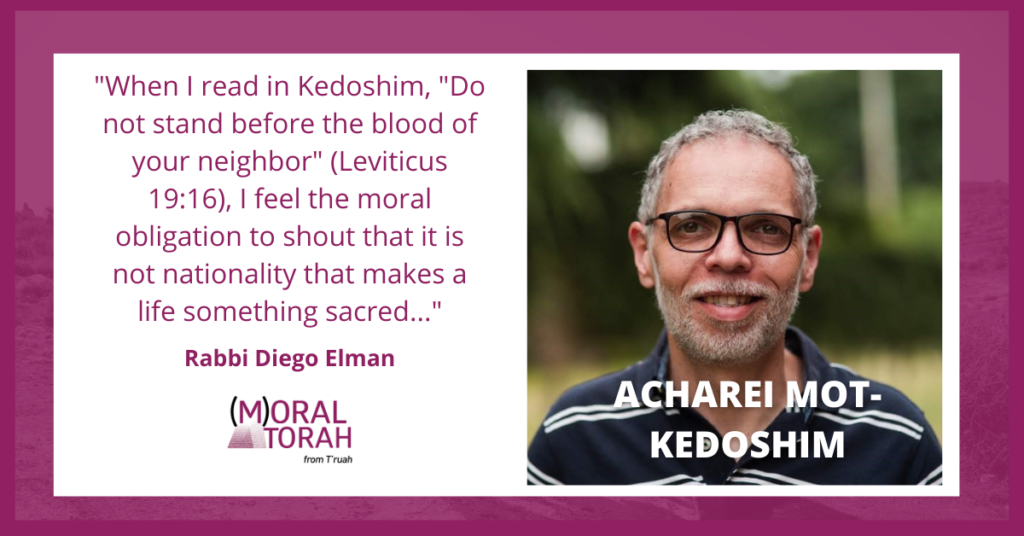
In This Stormy Moment, We Must Make Room For Everyone On The Boat
This week's Torah reading of Parshat Kedoshim questions us about our human relationships, how we treat our siblings, and how we relate to our neighbors to make this world a better place to live. So here I go back to the beginning. When I read in Kedoshim, "Do not stand before the blood of your neighbor" (Leviticus 19:16), I feel the moral obligation to shout that it is not nationality that makes a life something sacred and that we have the responsibility to watch over our neighbors.
more
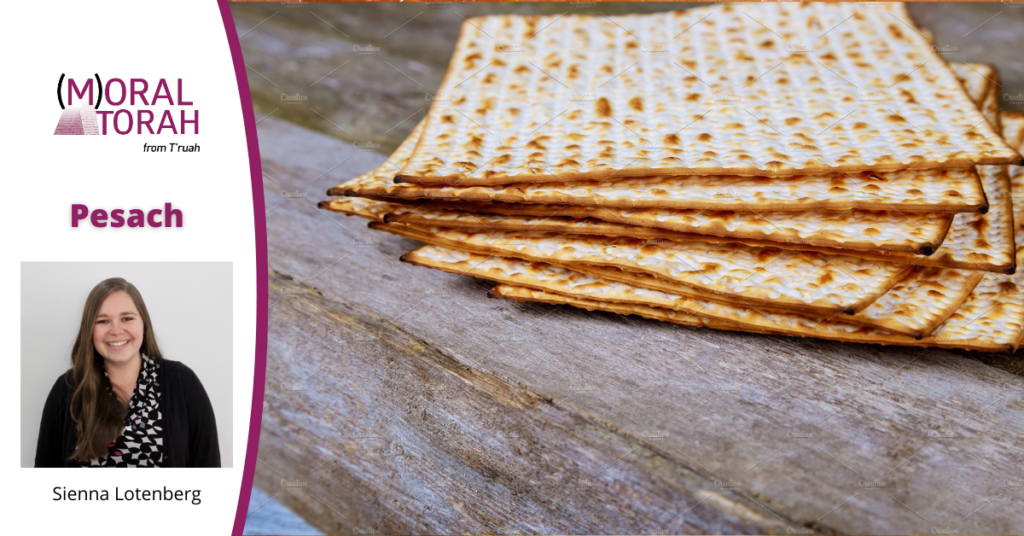
Sourdough, Matzah, and the Vaccine Wait
I wonder if, this year, the lachma anya, the matzah that represents deprivation, can help us bring some meaning to the wait. While for many months our deprivation has been uncontrolled, now it is controlled, in that we can realistically hope and pray and plan for a future of abundance.
more
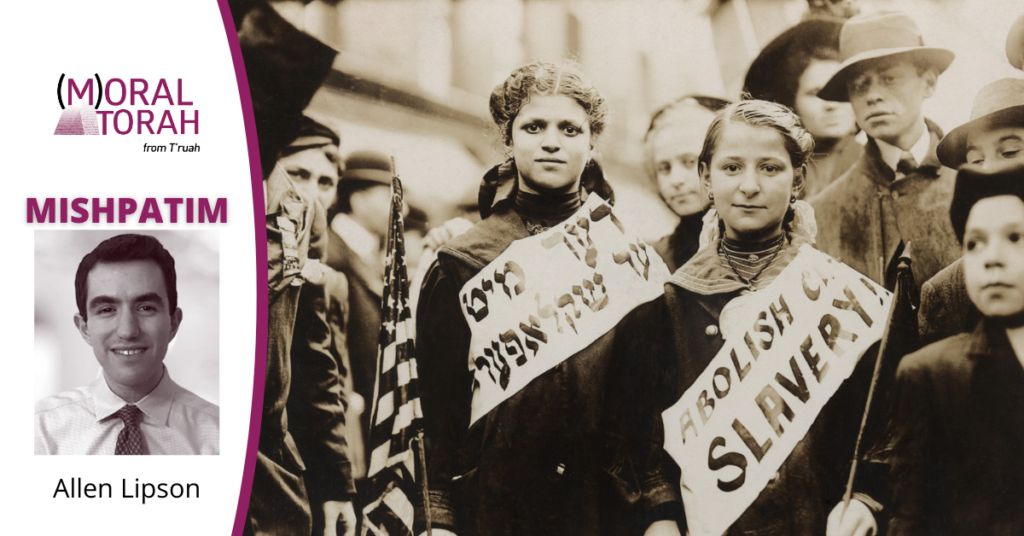
What Progressive Jewishness Could Have Been
A D’var Torah for Parshat Mishpatim by Allen Lipson As workers across the country lead backs-to-the-wall organizing drives in the long odds of a COVID economy, Parshat Mishpatim’s labor laws offer a timely opportunity to reclaim the legacy of Rav Avraham Bick’s Mishnas Ha’Poel (The Teaching of the Worker), an all-but-forgotten tale of Jewish class...
more
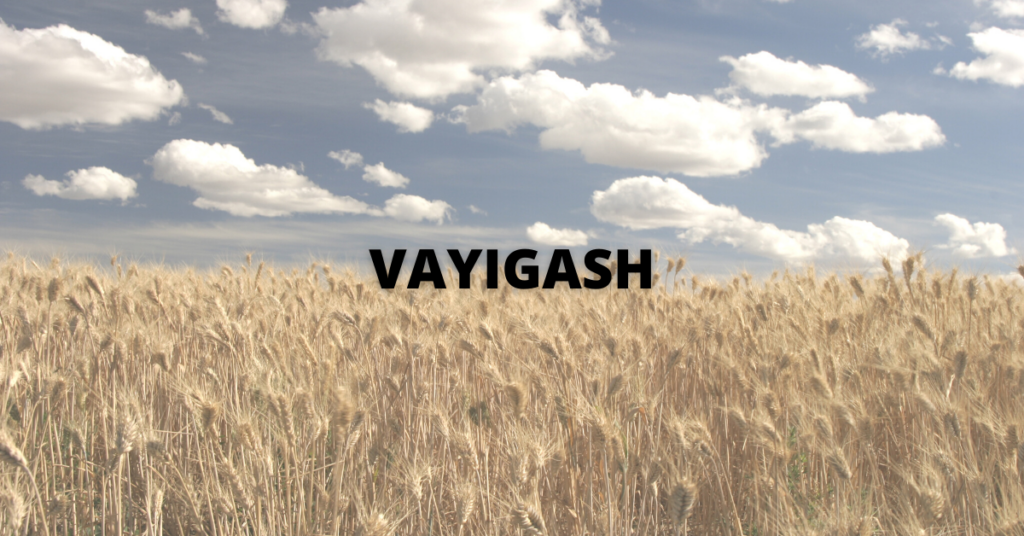
Was Joseph a Good Person?
Let’s review how Joseph exercises power once he achieves it in Egypt. He takes revenge on the brothers who sold him into slavery, by calling them spies and holding Shimon in prison. Then, after reconciling with them, he uses his position to enrich his family, giving them the fertile land of Goshen to settle in....
more
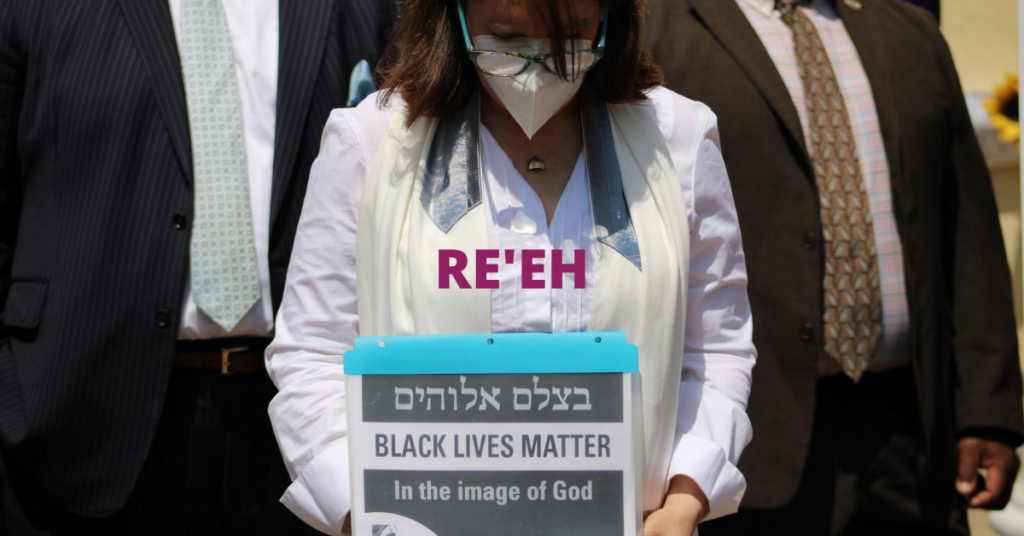
The World as It Is and the World as It Should Be
"As an organizer who encourages people to march for justice and bring their activism to the streets, I often get asked if the signs and slogans of protests are unrealistic, or would turn people away with their seemingly out of reach demands and strong language."
more
COVID-19 and Racism with Tish James 5/21/20
“This crisis has illuminated the stark inequalities that have existed in this country long before this crisis but have now been brought to the forefront.”- Attorney General Letitia James Letitia “Tish” James, the first woman of color to be elected to the position of Attorney General in New York State, spoke with T’ruah about the ways...
more
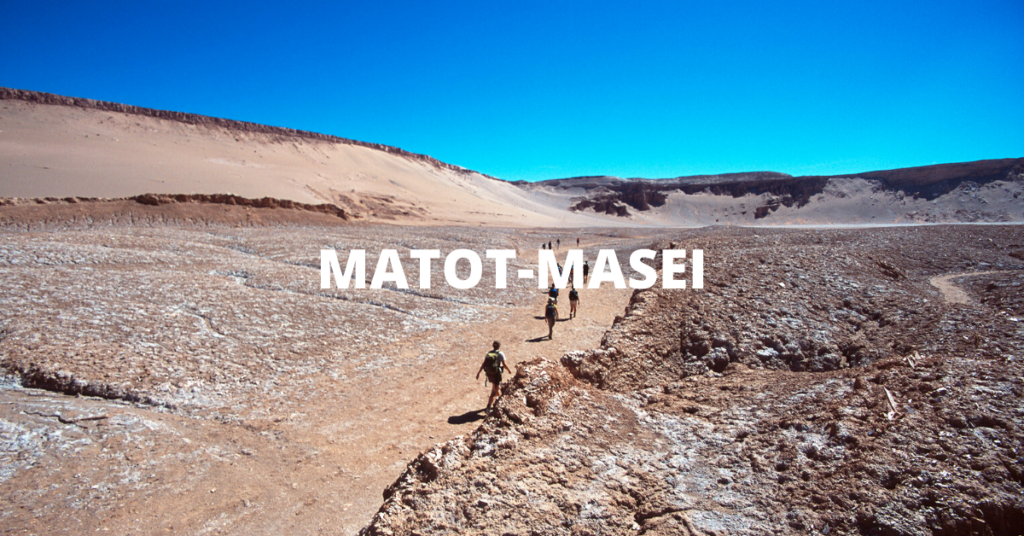
The Daughters Who Roared and Were Heard
If the wood gatherer teaches us about the threat of a raid on the commons, the sisters reinforce the lesson by anticipating a more subtle version of it. Consider what would have happened had the daughters not acted. In short, Zelophehad’s brothers likely would have fought over who should get their brother’s land. At the extreme, if all it takes to inherit land is to be the last brother standing, we face the dire prospect of a fratricidal free-for-all.
more

To Transform Our Economic System, We Need to Challenge Inheritance
Mahlah, Noa, Hoglah, Milcah, and Tirzah, the daughters of Zelophehad, recognize and name another crisis, which is that the inheritance laws are set so that families with only daughters are unable to inherit land and instead their families lose their access to land. The five women respond powerfully to the crisis of their father’s death, and a structural shortcoming, with an eye towards intergenerational shifts rather than short-term reform.
more

The Finest That We Have To Offer (Parshat Tetzaveh)
Commentary on Parshat Tetzaveh (Exodus 27:20 – 30:10) In religious and spiritual communities, I am often asked to “shed layers” — that is, to dig deep into my soul, discerning what truly matters and letting go of the rest. There is a sense that spiritual connection has to do with getting rid of the extra...
more

Seeing the Broken World: Discovering Myths Around Homelessness (Parshat Bereshit)
Commentary on Parshat Bereshit (Genesis 1:1 – 6:8) The story of humanity in the Torah begins with homelessness. The first two humans, Eve/Chava (“Mother of all life”) and Adam (“Earthling”) are unhoused vegetarian nudists living in bliss – and blissful ignorance – in the bubble of perfection of the Garden of Eden. There is no...
more

